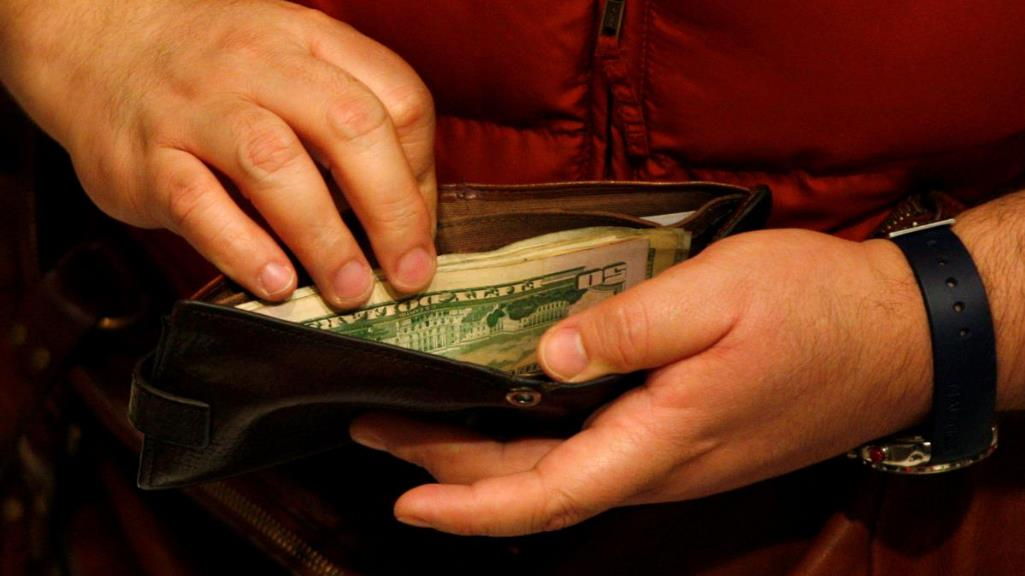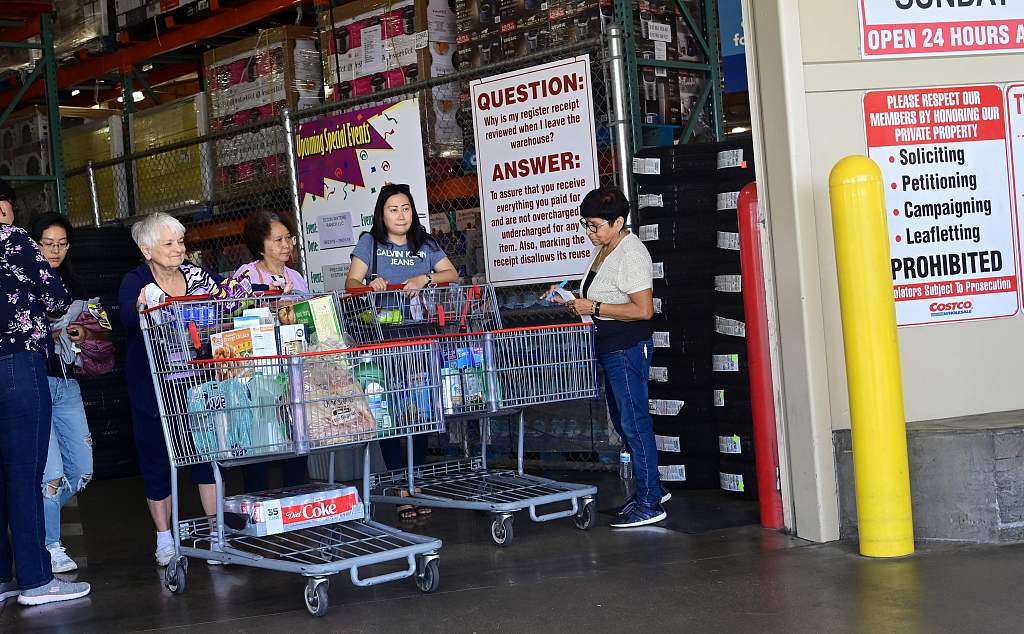U.S. consumer spending barely rose just 0.1 percent in August and business investment remained subdued amid lingering trade tensions, prompting economists to slash their economic growth estimates for the third quarter.
The reports on Friday from the U.S. Commerce Department, however, likely do not signal a recession is looming as consumer spending remains supported by solid income growth, thanks to the lowest unemployment rate in nearly 50 years and a huge savings buffer.
But the data also showed underlying inflation perking up by the most in seven months on an annual basis in August, which economists said could put the Federal Reserve in a difficult position as it seeks to keep the longest economic expansion on record, now in its 11th year, on track.
The U.S. Federal Reserve last week cut interest rates for the second time this year, citing the ongoing risks from the Trump administration's nearly 15-month trade war with China and slowing global growth. The U.S. central bank lowered borrowing costs in July for the first time since 2008.
"We still expect the Fed will cut rates in the fourth quarter, but squaring this soft read on the consumer, business investment and a slight rebound in underlying inflation admittedly pulls the Fed in opposite directions," said Tim Quinlan, a senior economist at Wells Fargo Securities in Charlotte, North Carolina.

A customer opens his wallet at a Macy's cash register on Black Friday in New York November 26, 2010. /Reuters Photo
A customer opens his wallet at a Macy's cash register on Black Friday in New York November 26, 2010. /Reuters Photo
Consumer spending, which accounts for more than two-thirds of U.S. economic activity, edged up 0.1 percent last month as an increase in outlays on recreational goods and motor vehicles was offset by a decrease in spending at restaurants and hotels.
Data for July was revised slightly down to show consumer spending increasing 0.5 percent instead of the previously reported 0.6 percent advance. Economists polled by Reuters had forecast consumer spending gaining 0.3 percent last month.
Consumer spending has been blunting some of the hit on the economy from the U.S.-China trade war, which has sunk business investment and manufacturing.
But with tariffs on Chinese goods broadened to include consumer goods, spending is slowing. There are worries that weak business investment and sluggish profit growth could constrain companies' ability to continue hiring more workers, and undermine consumer spending.

Shoppers have their receipts and trolleys checked by an employee (R) as they exit from a Costco store in Alhambra, California, U.S. on August 19, 2019. /VCG Photo
Shoppers have their receipts and trolleys checked by an employee (R) as they exit from a Costco store in Alhambra, California, U.S. on August 19, 2019. /VCG Photo
Economic uncertainty slashes consumer confidence
The tariffs are causing anxiety among consumers. Consumer confidence dropped significantly in September, a survey from the Conference Board showed this week.
A survey from the University of Michigan on Friday showed a small increase in sentiment this month, with consumers voicing rising levels of "economic uncertainty."
Consumer spending surged at a 4.6 percent annualized rate in the second quarter, the fastest pace in four and half years. Economists said August's small gain put consumer spending on track to grow at between a 2.5 percent and 3 percent rate in the third quarter.
"Consumer spending had been robust somewhat earlier in the year so slowing is not too surprising," said Daniel Silver, an economist at JPMorgan in New York. "But this cooling is happening a little more quickly and significantly than we had expected."
(With input from Reuters.)